How to Raise Crickets for Food
Modern Farmer
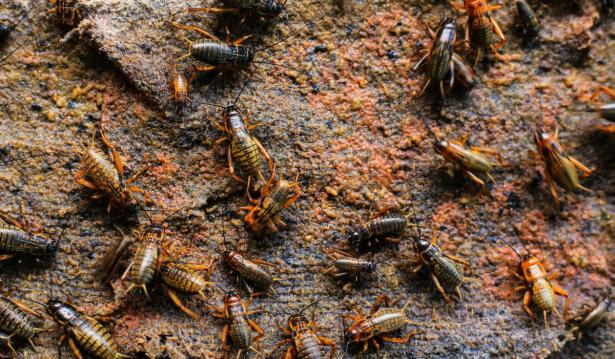
Crickets and other insects are a vastly more sustainable form of protein than livestock as well as an ideal protein source for urban homesteaders.

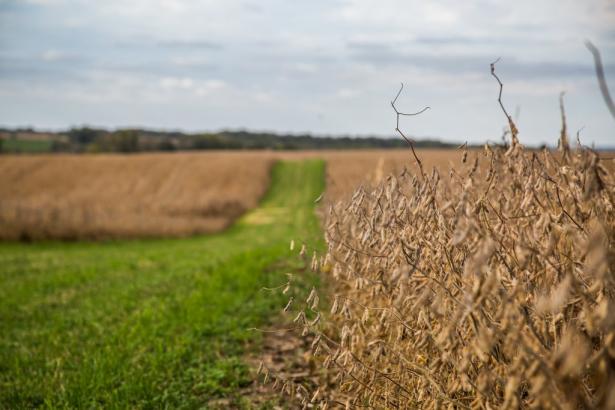
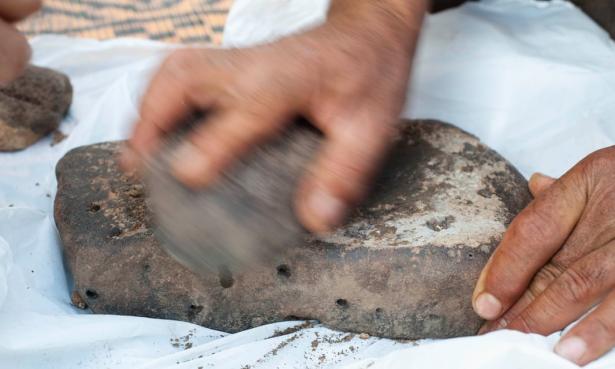

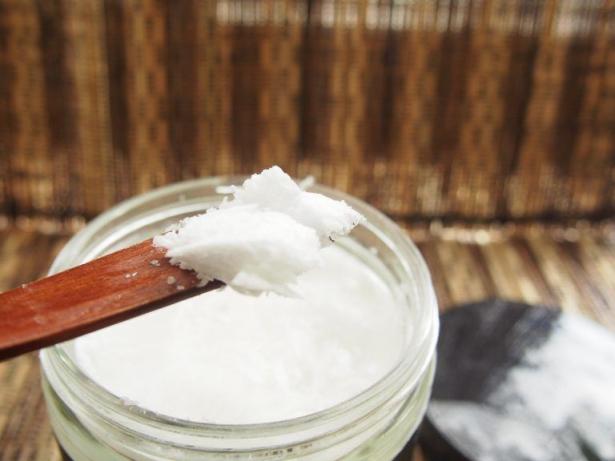

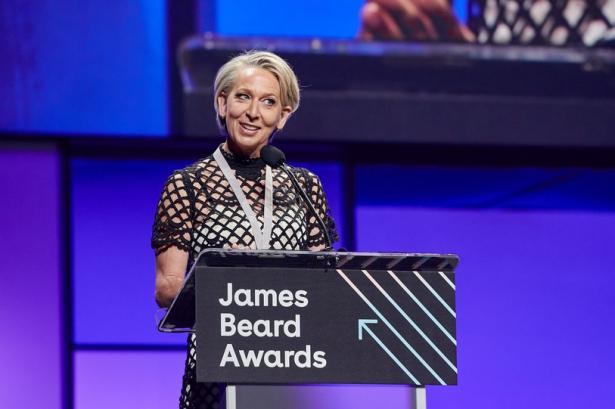
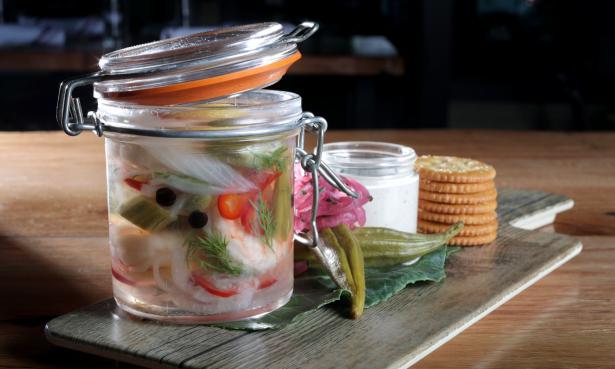
Spread the word